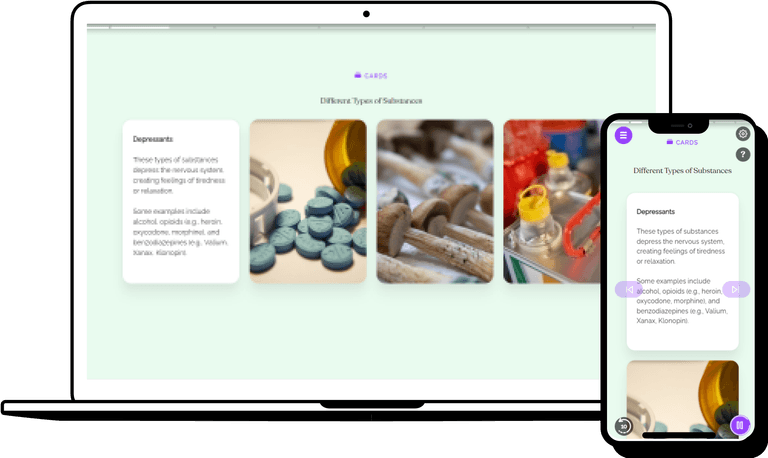Staying Aware of Other Types of Corruption
There are many other types of corruption in a business setting. As a result, there are also many laws around corruption and it is imperative that organizations create policies and procedures that allow for fair competition.

Extortion, also known as blackmail
Extortion involves trying to get something through the use of force or by using threats or blackmail. An example of extortion is what frequently happens with ransomware attacks. An outside entity takes control of a company's data and will only give back access after a large ransom is paid.

Embezzlement is Theft
Embezzlement is when there is a theft or a misappropriation of funds. In simpler terms, it is when money or assets are stolen by someone to whom it does not belong. An example of embezzlement is when an employee "pads" their expense report so that they get back more than what was actually spent.

Read on to learn more types of behavior that could be deemed unlawful and/or unethical and be considered a form of corruption.
Political patronage involves hiring a person or using state resources as rewards for electoral support. An example of political patronage could include a politician appointing another person onto a committee after they donated a large amount of money to their campaign.
Influence peddling is when a person provides payment or a benefit to someone who can sway the influence or use their position to influence a public official. An example of influence peddling could include paying a judge to sway their decision on a case.
Like cronyism, nepotism is a form of favoritism, however, the person in power is giving jobs, favors, and advantages to family members. An example of nepotism would be an employee awarding a vendor a contract solely based on their sibling working for that vendor.
Graft involves using public funds for personal or private interests. An example of graft could involve a public official awarding an overpriced contract to a company and then receiving some of those funds as a kickback.
Cronyism is a form of favoritism that involves a person in power giving jobs, favors, and advantages to friends and allies. An example of cronyism is when an employee hires a friend for a job at their company even though there are more suitable candidates.
Price fixing can happen when a small number of businesses offer the same product and form an agreement to set the price level. Prices can be lowered to eliminate smaller competitors. The demand may also be inflated to support the interest of the group at a disadvantage to the buyer. Price fixing can eliminate or reduce competition while also making it difficult for new providers or suppliers to get into the market.

Dangers of Money Laundering
Money laundering involves concealing the origin of illegally obtained money through what appears to be a legitimate source. An example of money laundering could involve depositing cash from illegal activity, like selling drugs, under the guise of a legal cash-heavy business, such as a car wash.
Anti-Trust Regulations
Some corrupt practices limit fair competition. And as a result, regulations, known as antitrust laws, were put into place. These regulations limit how much power firms may have and encourage competition in the marketplace. Antitrust laws help to ensure that mergers and acquisitions do not create monopolies of a concentration of power. They also aim to prevent collusion, when two or more rivals agree to work together to control and disrupt the marketplace. Examples of what Anti-Trust Laws do include:
Here are some myths to look out for:
- -
Limit how much power firms may have.
- -
Encourage competition in the marketplace.
- -
Aim to ensure that mergers and acquisitions do not create monopolies.
- -
Organizations should create policies and procedures that allow for fair competition.

Avoiding all types of Corruption with effective workplace training
There are numerous laws concerning corruption, so it is essential that businesses develop rules and practices that promote fair competition. When you are trying to teach your employees how to avoid corruption in the workplace, your best option is to provide prevention training from EasyLlama showcasing real-life business scenarios and interactive knowledge checks.

Helping over 8,000 organizations create a safer, more productive workplace
EasyLlama’s online training course guides learners understanding FCPA and other anti-bribery legislation. Organizations should prioritize minimizing corruption risks by implementing a comprehensive anti-corruption course. The course covers:





















